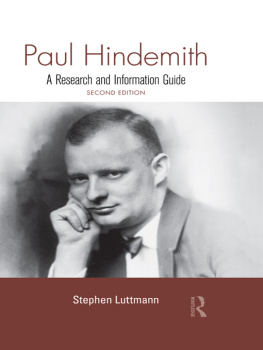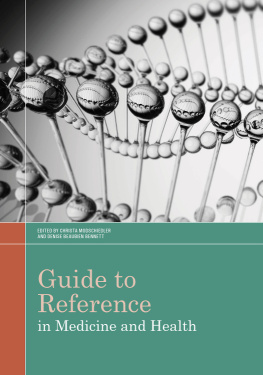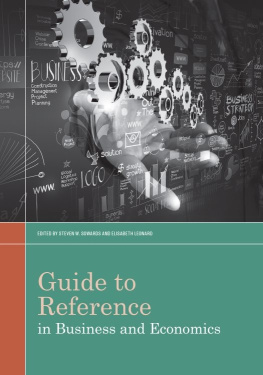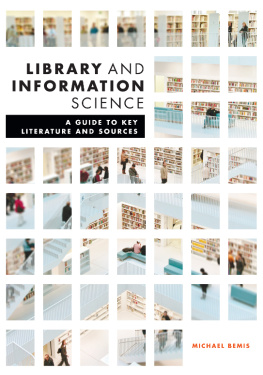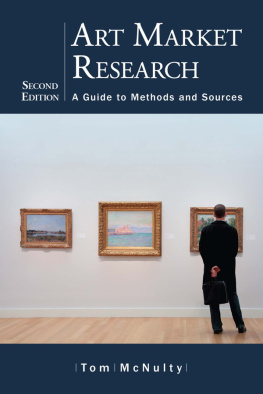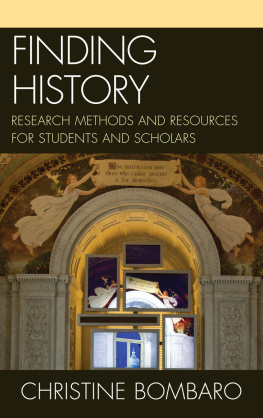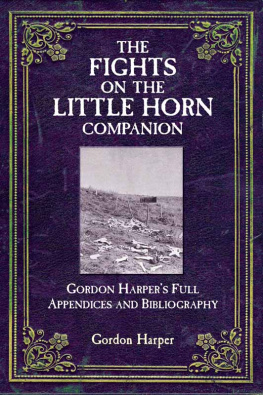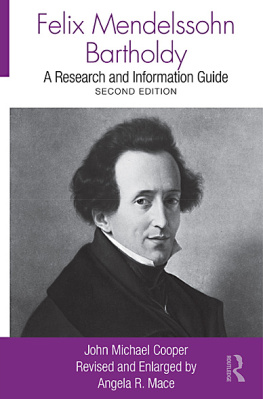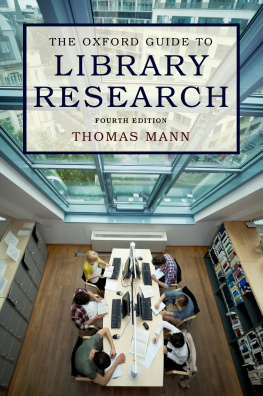ROUTLEDGE MUSIC BIBLIOGRAPHIES
Series Editor: Jennifer C. Post
COMPOSERS
Isaac Albniz (1998)
Walter A. Clark
C. P. E. Bach (2002)
Doris Bosworth Powers
Samuel Barber (2001)
Wayne C. Wentzel
Bla Bartk,
2nd Edition (1997)
Elliott Antokoletz
Vincenzo Bellini,
2nd Edition (2009)
Stephen A. Willier
Alban Berg,
2nd Edition (2009)
Bryan R. Simms
Leonard Bernstein (2001)
Paul F. Laird
Johannes Brahms (2003)
Heather Platt
William Byrd,
2nd Edition (2005)
Richard Turbet
Elliott Carter (2000)
John L. Link
Carlos Chvez (1998)
Robert Parker
Frdric Chopin (1999)
William Smialek
Aaron Copland (2001)
Marta Robertson and
Robin Armstrong
Frederick Delius,
2nd Edition (2009)
Mary Christison Huismann
Gaetano Donizetti,
2nd Edition (2009)
James P. Cassaro
Edward Elgar (1993)
Christopher Kent
Gabriel Faur (1999)
Edward R. Phillips
Christoph Willibald Gluck,
2nd Edition (2003)
Patricia Howard
Charles Franois Gounod
(2009)
Timothy S. Flynn
G.F. Handel,
2nd Edition (2004)
Mary Ann Parker
Paul Hindemith,
2nd Edition (2009)
Stephen Luttmann
Charles Ives,
2nd Edition (2009)
Gayle Sherwood Magee
Scott Joplin (1998)
Nancy R. Ping-Robbins
Zoltn Kodly (1998)
Mchel Houlahan and
Philip Tacka
Franz Liszt,
3rd Edition (2009)
Michael Saffle
Guillaume de Machaut
(1995)
Lawrence Earp
Gustav and Alma Mahler
(2008)
Susan M. Filler
Felix Mendelssohn Bartholdy
(2001)
John Michael Cooper
Olivier Messiaen (2008)
Vincent P. Benitez
Giovanni Pierluigi da
Palestrina (2001)
Clara Marvin
Giacomo Puccini (1999)
Linda B. Fairtile
Maurice Ravel (2004)
Stephen Zank
Gioachino Rossini,
2nd Edition (2009)
Denise P. Gallo
Camille Saint-Sans (2003)
Timothy S. Flynn
Alessandro and Domenico
Scarlatti (1993)
Carole F. Vidali
Heinrich Schenker (2003)
Benjamin Ayotte
Alexander Scriabin (2004)
Ellon D. Carpenter
Jean Sibelius (1998)
Glenda D. Goss
Giuseppe Verdi (1998)
Gregory Harwood
Toms Luis de Victoria
(1998)
Eugene Casjen Cramer
Richard Wagner (2002)
Michael Saffle
Adrian Willaert (2004)
David Michael Kidger
GENRES
American Music
Librarianship (2005)
Carol June Bradley
Central European Folk Music
(1996)
Philip V. Bohlman
Chamber Music,
3rd Edition (2009)
John H. Baron
Church and Worship Music
(2005)
Avery T. Sharp and James
Michael Floyd
The Concerto (2006)
Stephen D. Lindeman
Ethnomusicology (2003)
Jennifer C. Post
Jazz Scholarship and
Pedagogy, 3rd edition,
(2005)
Eddie S. Meadows
The Musical (2004)
William A. Everett
North American Indian
Music (1997)
Richard Keeling
Opera, 2nd Edition
(2001)
Guy Marco
Piano Pedagogy (2009)
Gilles Comeau
The Recorder,
2nd Edition (2003)
Richard Griscom and
David Lasocki
Serial Music and Serialism
(2001)
John D. Vander Weg
String Quartets (2005)
Mara E. Parker
The Violin (2006)
Mark Katz
Women in Music (2005)
Karin Pendle
Introduction
In writing a book such as this, with its frequent cross-references and multiple indexes, one is remindednot without a little wistful envyof the indexing practice for the German scholarly monographs that appeared when Hindemith was a youth, and which has yet to fully die out. Such works typically had no indexes at all. And why should they have had any? Everybody knew that books were to be digested, to be absorbed, to be taken to heart (if not quite learned by heart), not skimmed for relevant passages, let alone mined for quotes. One read the whole thing, and one read many of them if one aspired to mastery.
Mastery, of course, is an elusive goal, and Hindemith was suitably modest about this when it came to music. Geoffrey Skelton notes his amusement with the pretensions of an American degree program: My God, how can anyone ever be a master of music? (item 40)and remarks of his about music doctorates, perhaps fortunately, have not come to light. But he was certainly imbued with the same sense of responsibility that the traditional German scholarly monograph assumed of its readers. Here was a man who never made it to high school and yet taught himself Latin (as well as English, French, and more than a little bit of a few other languages), and read 2,000 years worth of music theory. Stories of his understanding, and even occasional sympathy, for his students failings abound, but ultimately he expected from them the same degree of devotion to the cause that he did from himself. Another anecdote from Skelton: If a student complained of a lack of time, he would reply in all seriousness: Well, theres always between two and four in the morning (item 40).
One wonders how Hindemith would have reacted to the notion of a guide to research of his own music; he probably would have dismissed it with a remark similar to the one that serves as the epigraph to Andres Briners biography: If anyone wants to busy himself with me, he should look at my works (item 38). Of course, when one considers the lengths he went to in order to master music theory (or the life and thought of Johannes Kepler, to name just one more example), he probably would have dismissed the entire notion of a guide to research with something of a dismissive sneer. If you want to know anything about a subject, he might have said, you must read and learn everything. Implied by a sentence like this is an even more challenging reproach: Thats what I tried to do.
This book, therefore, seeks to assist the serious student or budding scholar in reading everything, whatever that everything might be. It seeks to do so in no small part by organizing the impressive (yet insufficient) quantity of research on Hindemith, his music, and his thought; and by attempting to point out that which is useful, worthwhile, and frequently excellentas well as how it might be useful, worthwhile, or excellent. This is perhaps all the more crucial with regard to those areas of Hindemith scholarship conducted primarily in German. Students of musical analysis can rely on a body of Hindemith scholarship in which a goodly number of central works happen to be in English (and as Allen Forte points out, to some degree they have Hindemith to thank for this; see item 445), but in other areas English is of little use. Nor are these insignificant topics. Research on his style of viola performance, on his revisions of his own works, on his attempt to work harmonikale Grundlagenforschung (a term that does not seem to have been translated in English-language Hindemith research) into his musical theories and his magnum opusall this has appeared almost entirely in German. (Two pages in Neumeyers essential book, item 602, constitute a rare and striking exception.) Of course the student with more than a passing dedication to the subject will simply have to learn German, but the present work might aid in determining which essays yield the most knowledge, and which yield little more than language practice.
Selection Criteria
Owing to the astonishing amount of worthwhile literature published in the past several years, the selection criteria for the second edition have had to be even more stringent than those for the first. The net increase of 64 citations over the first edition obscures the addition of 204 new citations and the deletion of 140. Most items included in the first edition despite their unavailability have subsequently been annotated, if they are included here at all, the exception being several Ph.D. dissertations. For this second edition, the following criteria apply:

